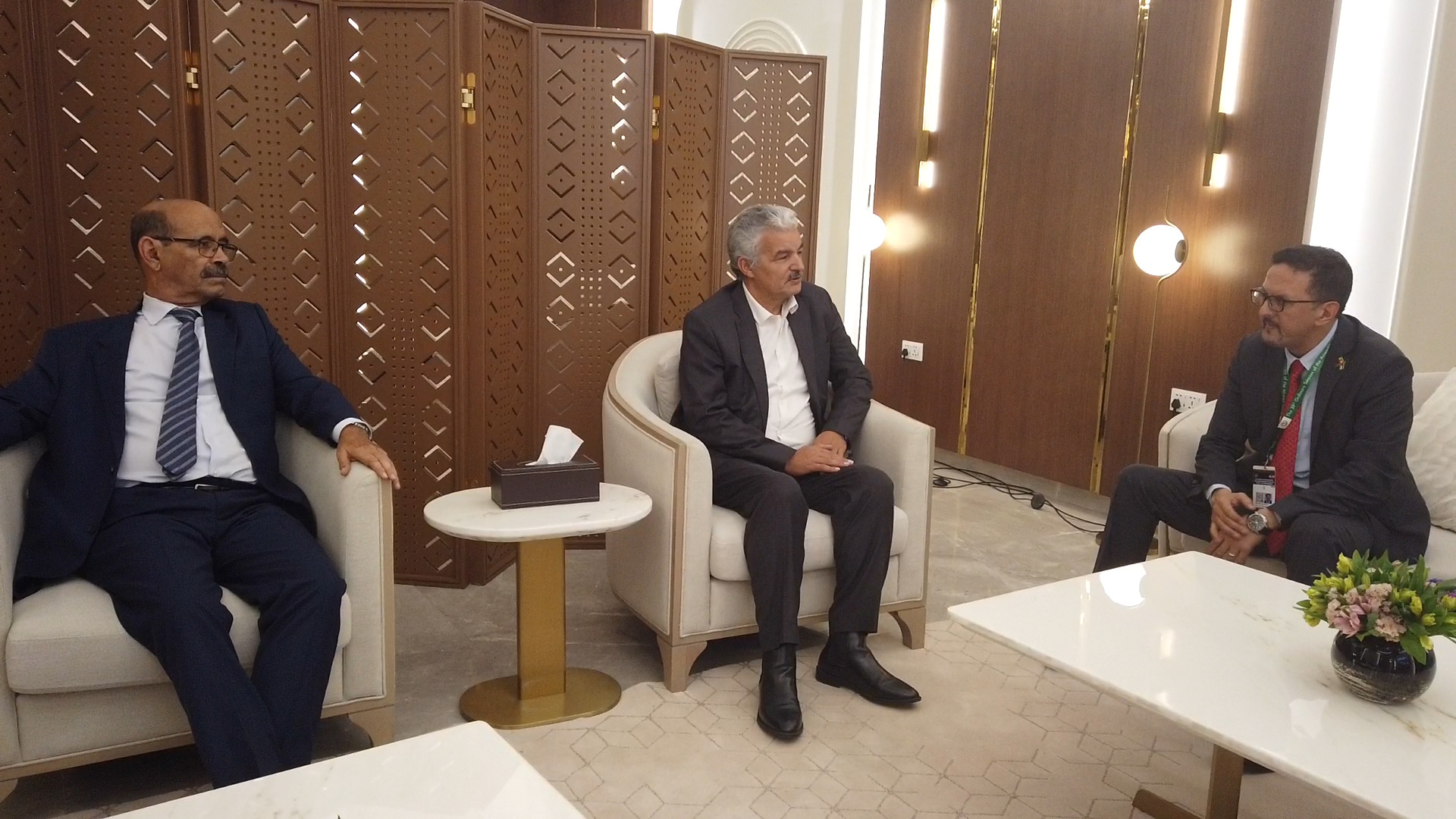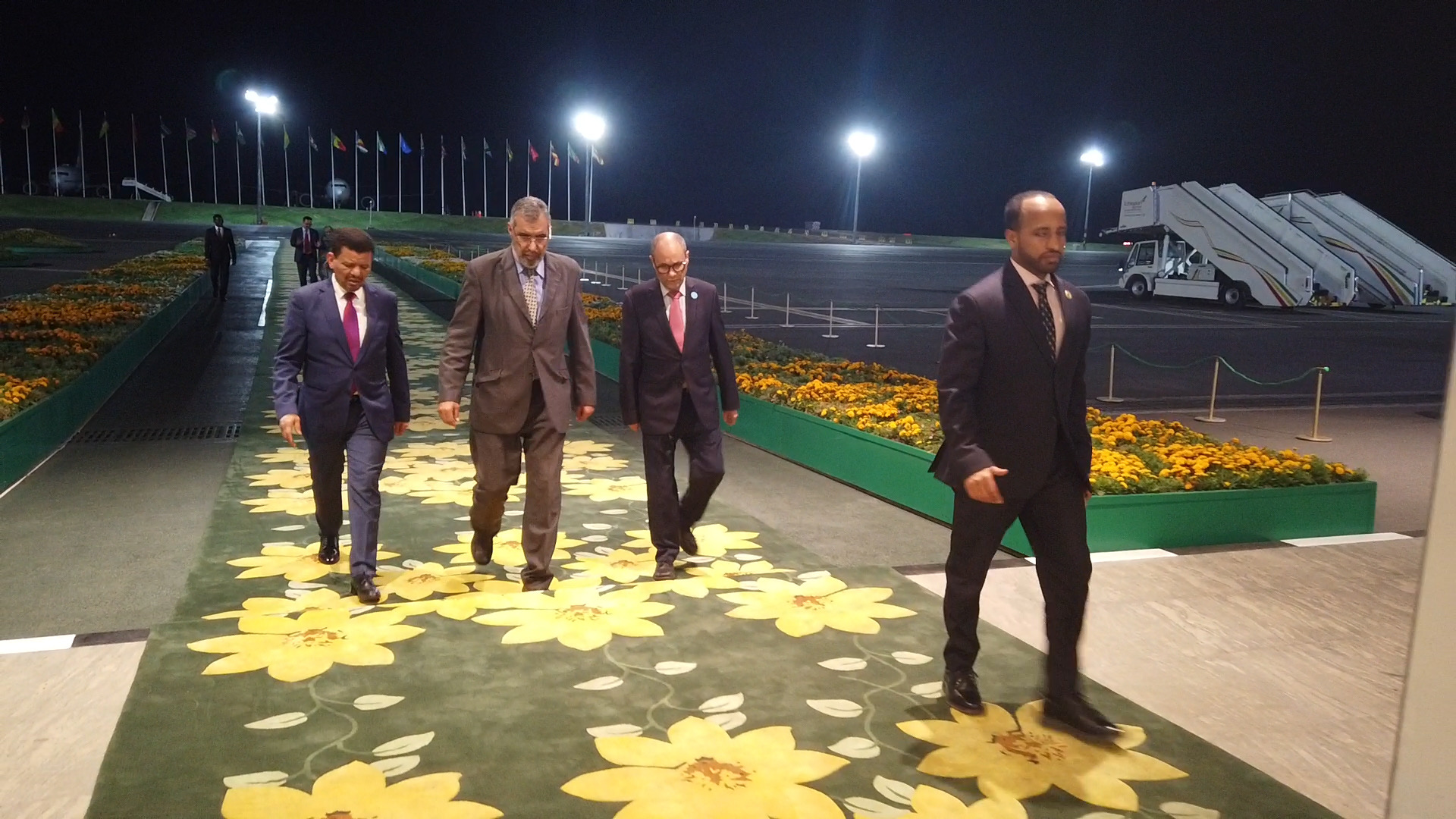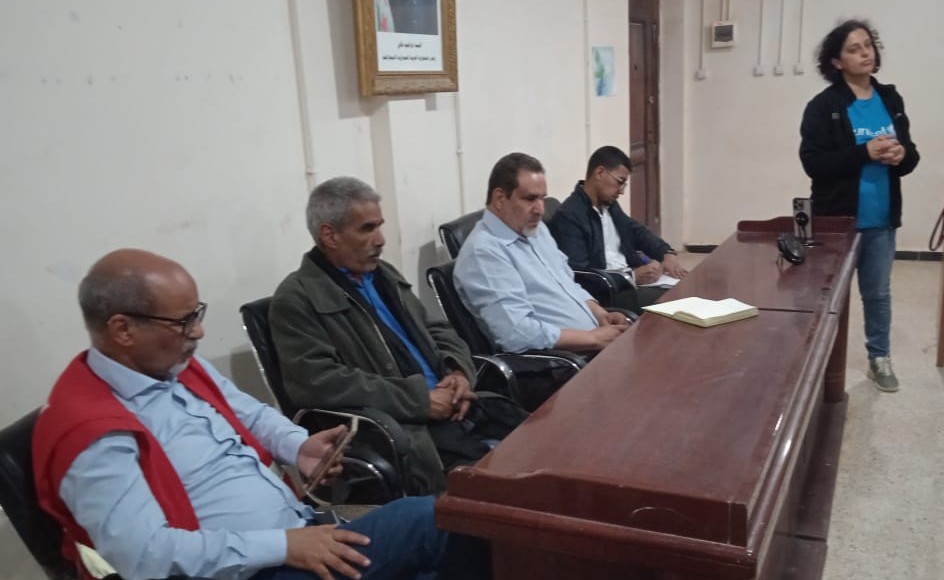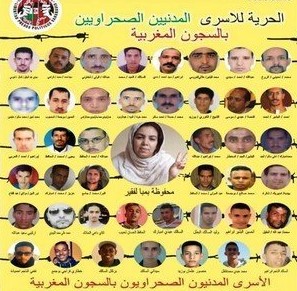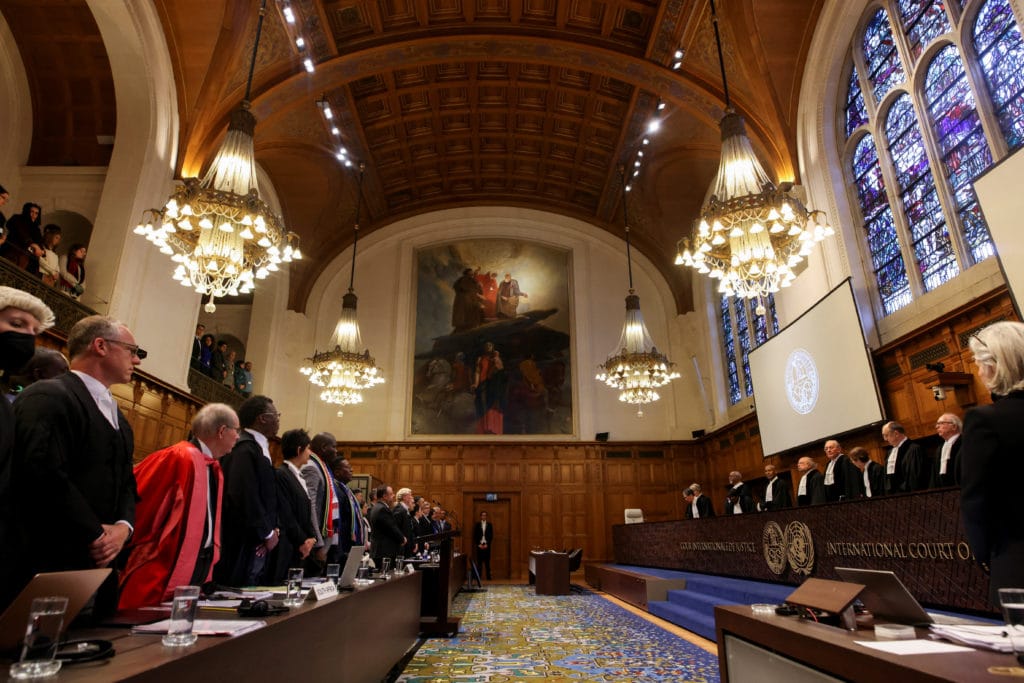
Bir Lehlou (Liberated Territories), 27 January 2024 (SPS) – In a Communiqué issued today, the Government of the Sahrawi Republic (SADR) welcomed the order delivered yesterday by the International Court of Justice (ICJ) regarding the application filed by the Republic of South Africa against the occupying state of Israel concerning the latter’s violation of its obligations under the Genocide Convention, describing the ruling as a decisive victory for international law and an important reminder that no state is above the law.
In concluding, the Government of the Sahrawi Republic (SADR) underscored the legal and moral responsibility of all those who defend the rules-based international order and the primacy of international law to take all necessary measures to hold the occupying state of Morocco accountable for the atrocities and crimes against humanity committed against the Sahrawi people and for violations of international law and international humanitarian law resulting from the continued Moroccan illegal occupation of parts of the Sahrawi Republic (SADR) in flagrant contravention of the purposes and principles of the Charter of the United Nations and the objectives and principles of the Constitutive Act of the African Union.
The following is a copy of the Communiqué as received by SPS:
Sahrawi Arab Democratic Republic
Communiqué
The Government of the Sahrawi Arab Democratic Republic (SADR) welcomes the Order delivered yesterday by the International Court of Justice (ICJ) regarding the Application filed by the Republic of South Africa on 29 December 2023 against the occupying state of Israel concerning the latter’s violation of its obligations under the Convention on the Prevention and Punishment of the Crime of Genocide as a result of the brutal aggression launched by Israel on Gaza since October 2023, which has so far caused massive civilian casualties, extensive destruction of civilian infrastructure, and the displacement of the overwhelming majority of the population in the Gaza Strip.
The ICJ has ruled in favour of the application of South Africa, renowned for its staunch defence of oppressed peoples, which has repeatedly and urgently voiced its concerns, in public statements and in various multilateral settings, that the actions of the occupying state of Israel in Gaza amount to genocide against the Palestinian people.
In its Order, which has binding effect, the ICJ ordered Israel, in accordance with its obligations under the Genocide Convention, to take all measures within its power to prevent the commission of all acts within the scope of Article II of this Convention besides taking other measures relating to its military forces, and the punishment of the direct and public incitement to commit genocide.
The ICJ moreover ordered Israel to take immediate and effective measures to enable the provision of urgently needed basic services and humanitarian assistance to address the adverse conditions of life faced by Palestinians in the Gaza Strip. In line with the provisional measures indicated by the Court, Israel must also submit a report to the ICJ on all measures taken to give effect to the Court’s Order within one month.
The Government of the Sahrawi Republic (SADR) congratulates warmly South Africa for this great victory and applauds its historic move, which sends a strong message to all occupying powers and tyrannical regimes in the world that no one is above the law, that impunity will no longer be tolerated and that criminal actions, no matter who the perpetrators are, will be investigated and the culprits will be prosecuted and punished.
The Government of the Sahrawi Republic (SADR) recalls the historic Advisory Opinion issued by the ICJ on Western Sahara on 16 October 1975, which has become a primary source of the legal establishment of peoples’ right to self-determination as an inalienable right and a peremptory norm (jus cogens) of general international law.
It may be recalled that the ICJ, which is the United Nations principal judicial organ, affirmed that Western Sahara was not a land belonging to no-one (terra nullius) at the time of colonisation by Spain because, prior to Spanish colonisation, the Territory was inhabited by autonomous and independent people who were socially and politically organised under leaders competent to represent them; that there was no tie of territorial sovereignty between the Territory of Western Sahara and the Kingdom of Morocco; and that the Court has not found legal ties of such nature as might affect the application of resolution 1514 (XV) in the decolonisation of Western Sahara and, in particular, of the principle of self-determination through the free and genuine expression of the will of the people of the Territory.
By rebutting Morocco’s expansionist claims of sovereignty over Western Sahara, the ICJ established clearly that the sovereignty power over the Territory was vested in the Sahrawi people who have an inalienable right to self-determination and independence to be exercised in accordance with UN General Assembly resolution 1514 (XV) and other relevant UN resolutions relating to decolonisation.
The landmark Order delivered yesterday by the ICJ regarding the application filed by the Republic of South Africa against the occupying state of Israel is indeed a decisive victory for international law and an important reminder that no state is above the law.
It therefore remains the legal and moral responsibility of all those who defend the rules-based international order and the primacy of international law to take all necessary measures to hold the occupying state of Morocco accountable for the atrocities and crimes against humanity committed against the Sahrawi people and for violations of international law and international humanitarian law resulting from the continued Moroccan illegal occupation of parts of the Sahrawi Republic (SADR) in flagrant contravention of the purposes and principles of the Charter of the United Nations and the objectives and principles of the Constitutive Act of the African Union.
Bir Lehlou, 27 January 2024

